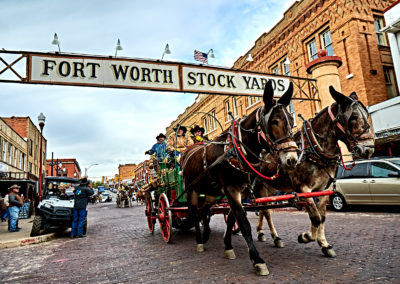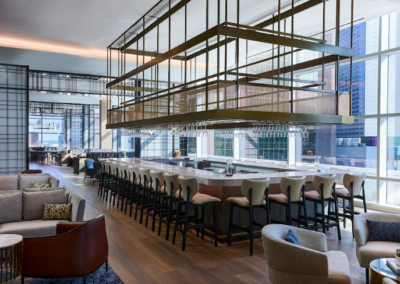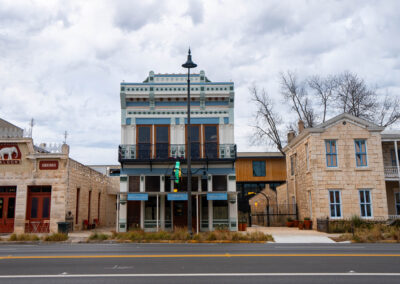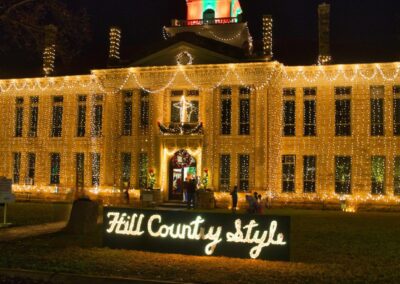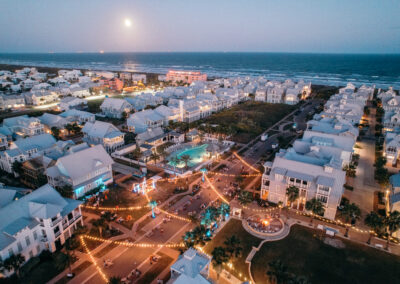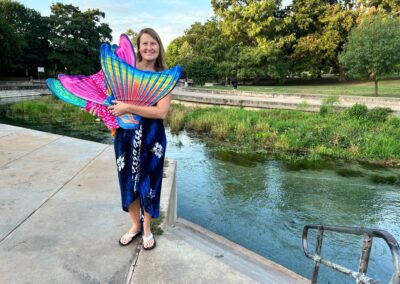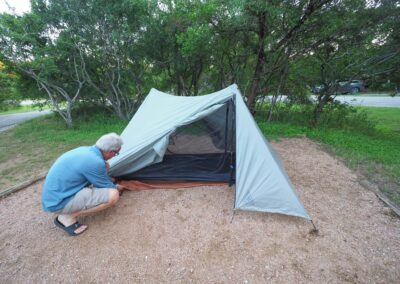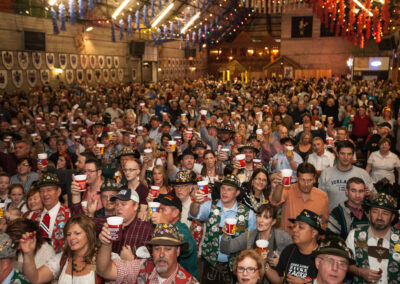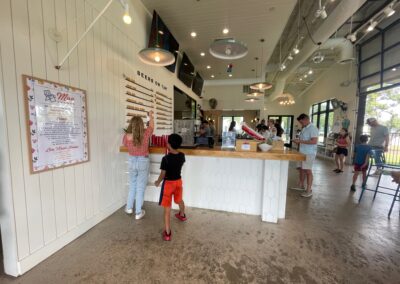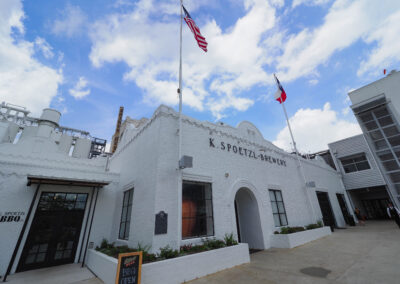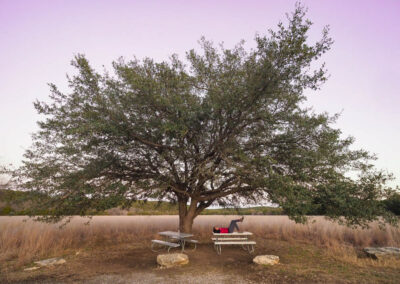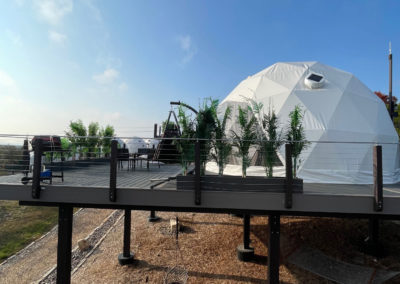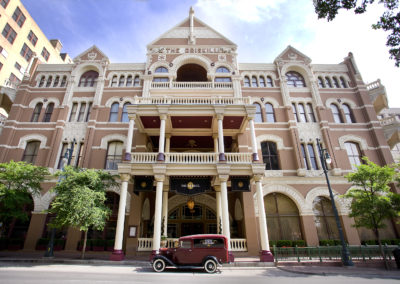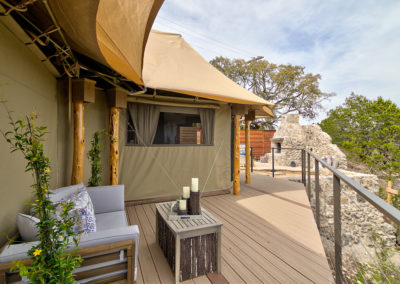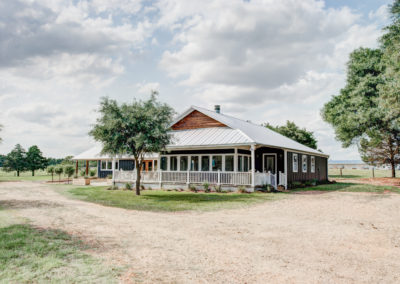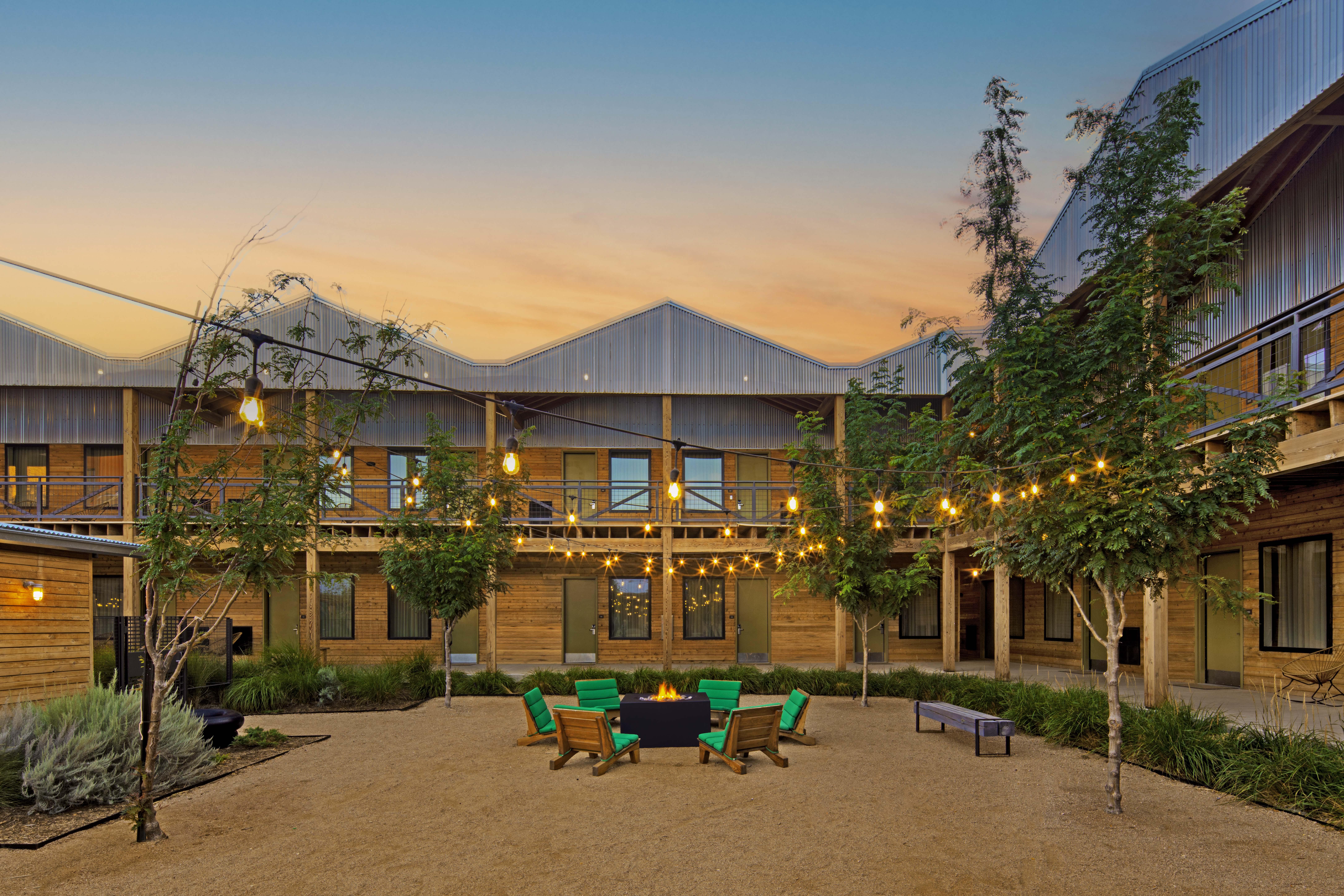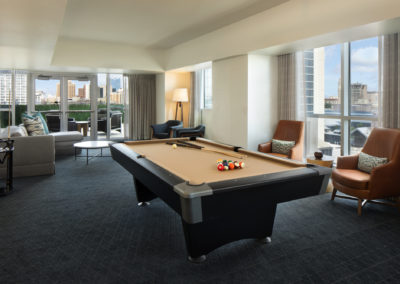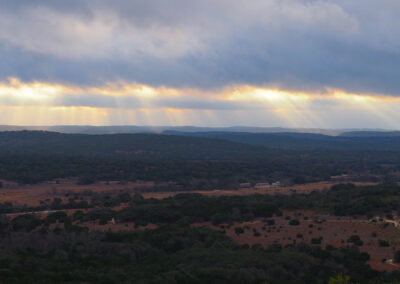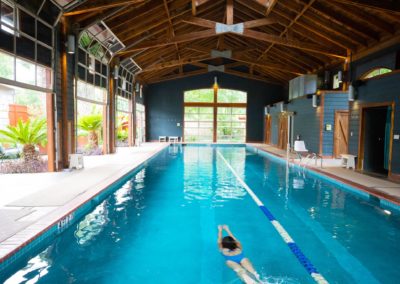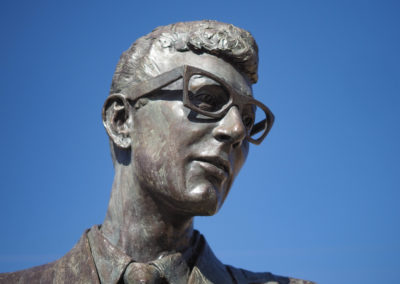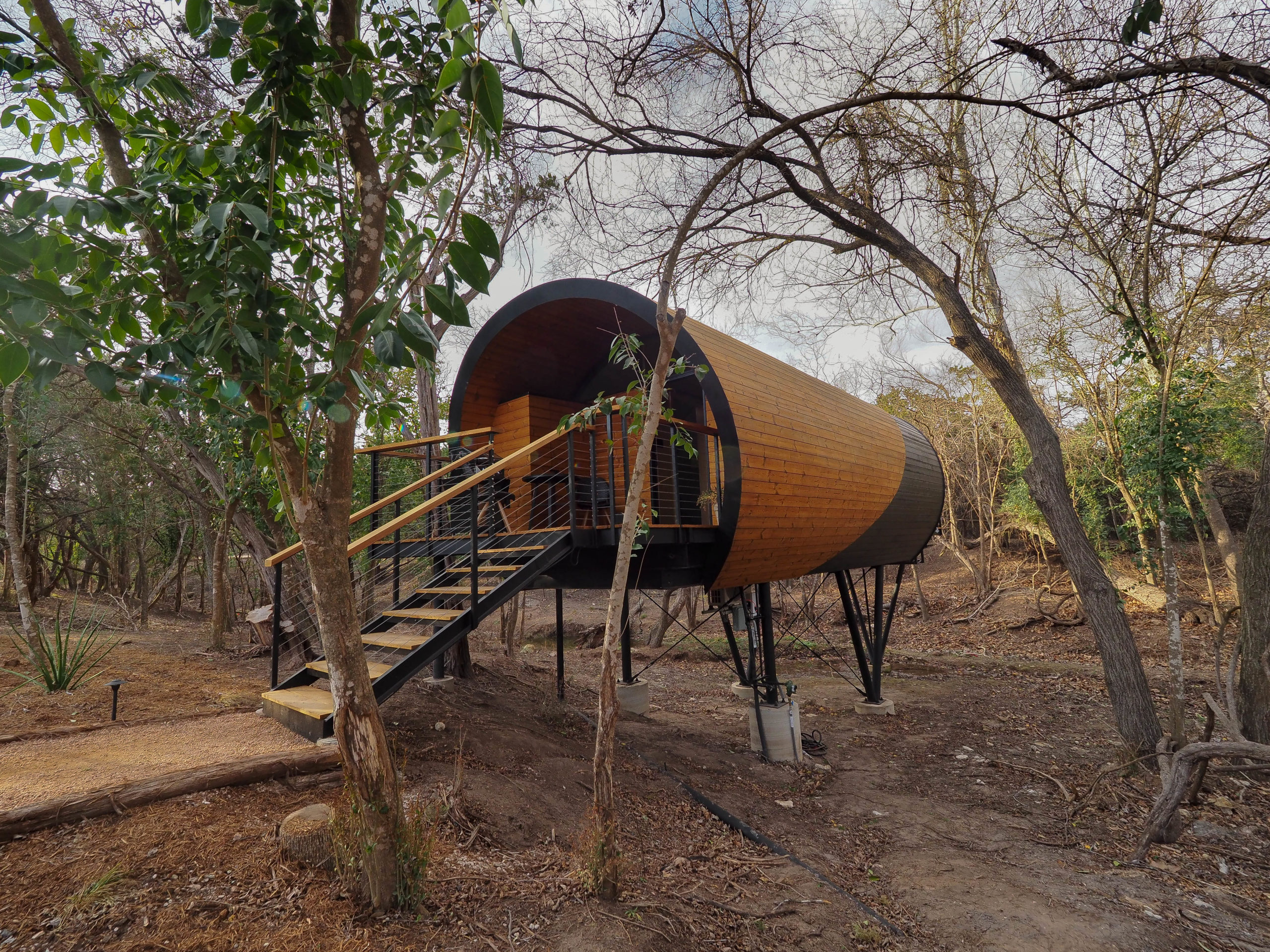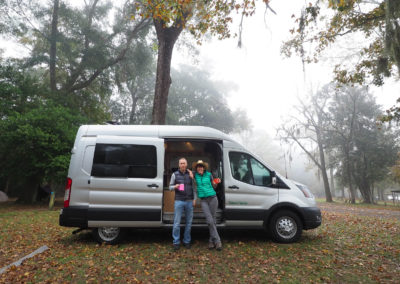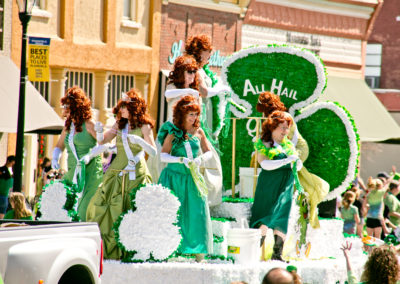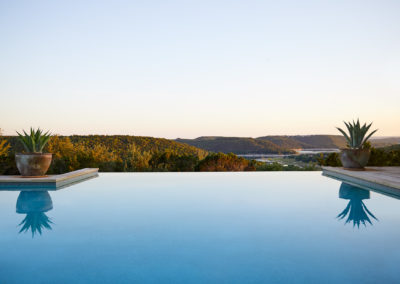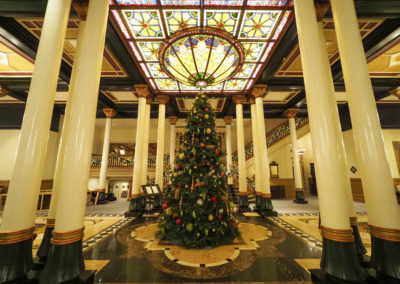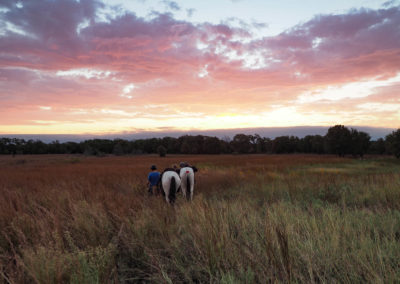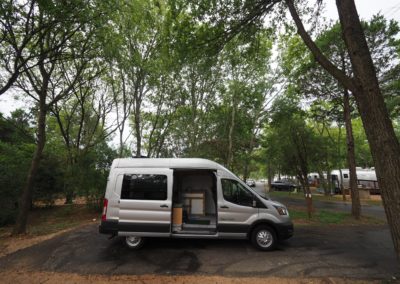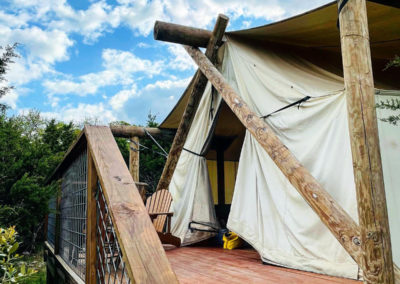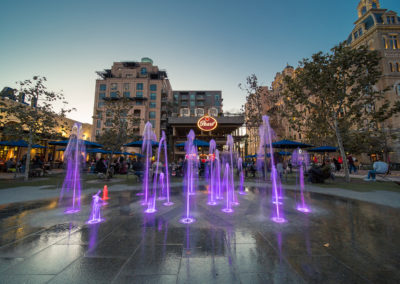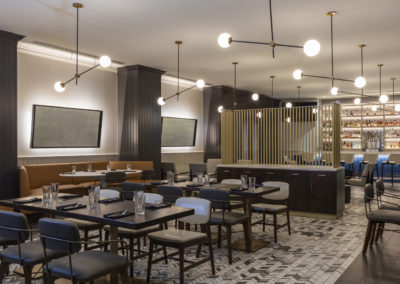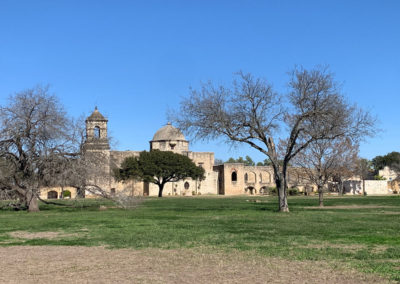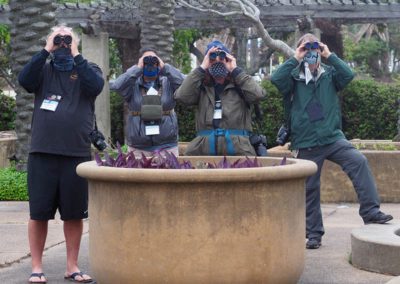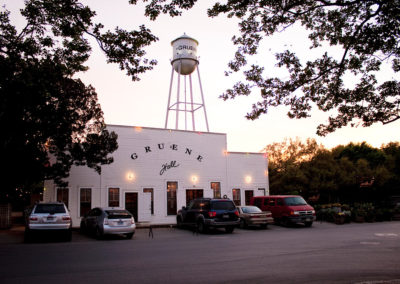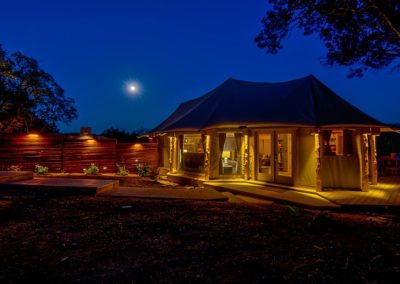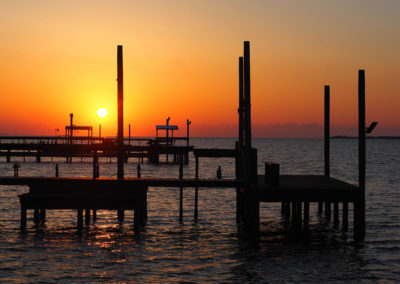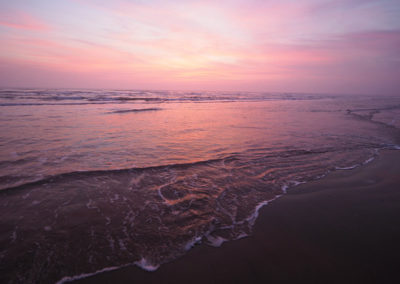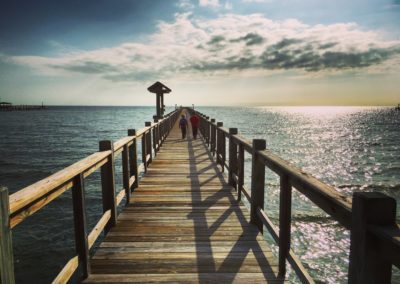The walls don’t talk at Prague’s Aria Hotel — they sing. Or, in some cases, they emit euphonious melodies, release dulcet string trio tones, expel an occasional canorous crescendo or perhaps even spew an unplugged pizzicato. You might not heed the cacophony at first, but sit down in the lobby of this music-themed hotel, delicately entrenched in the ancient Mala Strana district, and you’re certain to hear something.
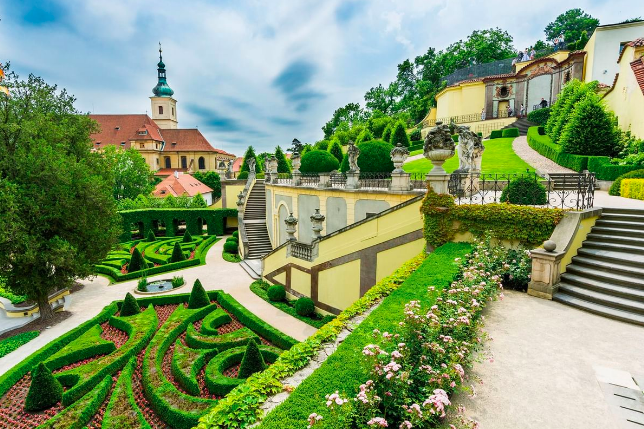
Prague’s Aria Hotel has a music theme. Contributed by Aria Hotel
Of Mozart, who adored Prague and visited here first as a child prodigy, Emperor Joseph II said, “too many notes.” Praguers disagreed and rejoiced when he premiered Don Giovanni here in 1787. Today, Aria Hotel honors him with a two-bedroom suite that overlooks the Baroque, Eden-like Vrtbovska Garden, a Unesco-listed World Heritage site. A vision of romantic interiors, the Mozart room has surround-sound stereo, controlled by a computer program loaded with Mozart music and historical information about his life. A painting depicting Mozart adorns the wall. Mozart would have expected nothing less: he always said Prague was the only city that truly understood him.
RELATED: Nimb Hotel, Copenhagen, Denmark
But Mozart’s not the only musician celebrated at Aria Hotel. The 52-room hotel takes the history of music, a history closely tied to Prague itself, very seriously. The Czech kingdom, after all, was the musical heartbeat of the Austro-Hungarian Empire. Here, classical music flourished, talented composers prospered, and even the masses knew a good opus when they heard it. And today, music reigns in steady beats as a backdrop throughout medieval neighborhoods. Concerts occur in opera houses (the city has three), in churches and in impromptu wafts of escaped melody from upstairs apartment windows. So, naturally, when the Aria transformed three Baroque buildings into a hotel, they didn’t hesitate to adopt a music motif. “Prague is a very musical place,” says Ivana Stehlikova, Aria Hotel’s music director who has a PhD in Musicology, lords over the music library and its 3,000 CDs, and assists guests in booking music events. (She may very well be the only music concierge in the world, but she’s quite adept at airline and train reservations, too.)
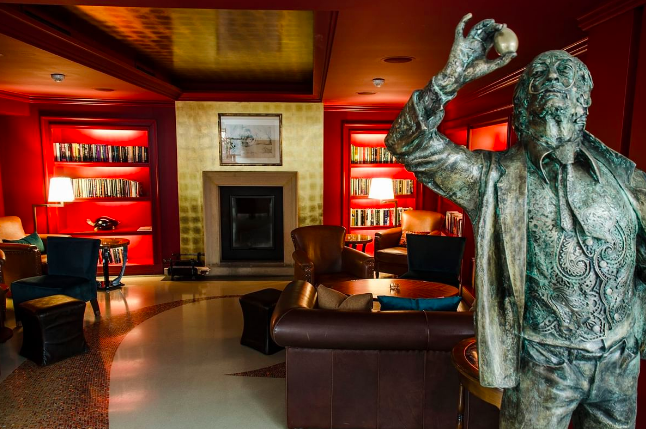
Aria Hotel in Prague. Contributed by Aria Hotel
I swoon at first sight of the lobby’s mosaic floor, which consists of tiles in the pattern of the notes of a Gregorian chant. Enticed, I follow it all the way to the airy atrium where a pianist cajoles the keys of a shiny concert grand piano. I’m further seduced when I eat lunch at Coda, the hotel’s gourmet restaurant. Here, I demolish a dainty cream of fennel soup with roasted pancetta and milk foam and dig into a Prague specialty — roast duck. But that’s not the musical part (unless you count when I croon a tune of joy at the taste of my food). The plates, the mugs, even the napkins, all depict famous musical icons in caricature by Czech artist, Josef Blecha. So, I eat off Beethoven, drink from Louis Armstrong and wipe my mouth with Johnny Cash.
RELATED: Explora, Sacred Valley, Peru
When at last I retire to my room, the musical extravaganza continues. Each room in the hotel is dedicated — like the Mozart Suite — to either a specific artist or composer, honoring many styles of music. Devoted to a different musical genre, each of the hotel’s four floors hints at what rooms might occupy it. So, find jazz, opera, classical and contemporary. A guest can sleep with Billie Holiday, snuggle up with The Beatles, canoodle with Elvis or spoon with George Gershwin. The Czechs aren’t forgotten: there’s Smetana, of course, and Dvorak. Need to recharge after a long flight? Hang with Jimi Hendrix or Van Morrison. Me, I get Rossini who soothes my jet-lagged soul — and that’s just fine with me.
My room door opens with an electronic black key shaped like a treble clef and I stumble into a haven of classical bliss. I plug in the house-administered iPod (filled with music by every single one of the hotel’s chosen cadre of musicians), choose some Smetana (after all, something about the Moldau seems appropriate, right?) and waltz around my room. Carpets are embellished with musical notes, my window looks out to the medieval rooftops, and bookshelves are stacked with tomes that refer to Rossini — and other composers. A caricature portrait by Blecha emblazons the wall and other references to the composer abound.
Later, I emerge to check out the private screening room and the winter garden with its beguiling fireplace. I walk through Aria’s private entrance to the Vrtbovska Garden and crash — for a second — a storybook wedding as it unfolds. At last, I hit the medieval streets that make Prague so magical. I enter St. Nicholas Church, a Baroque masterpiece, where Mozart once played organ, then meander up to the Castle. I’ve been before, so I take the fast track passed St. Vitus Cathedral and poke around the Golden Lane (once home to Kafka). Back down the hill, I avert my eyes as I walk beside Starbucks, and reach Charles Bridge. At that moment, a rainbow gilds the sky. I manage to make it to Josefov, the Jewish Quarter just before it rains.
I plan my next day with care. Will it be a concert at the Rudolfinum, a concert hall known as the Dvorak, where the Czech Chamber Music Society will play a Brahms String Sextet? Or, will I succumb to voracious hunger and dine at Lvi Dvur, the Lion’s Court, a rustic restaurant with views of the Castle that once was an ancient zoo. Now, it serves up platters of roasted suckling pig, slathered with a paprika sauce and garnished with mounds of fried potatoes. As Rossini rocks me to slumber, I decide to do both.








